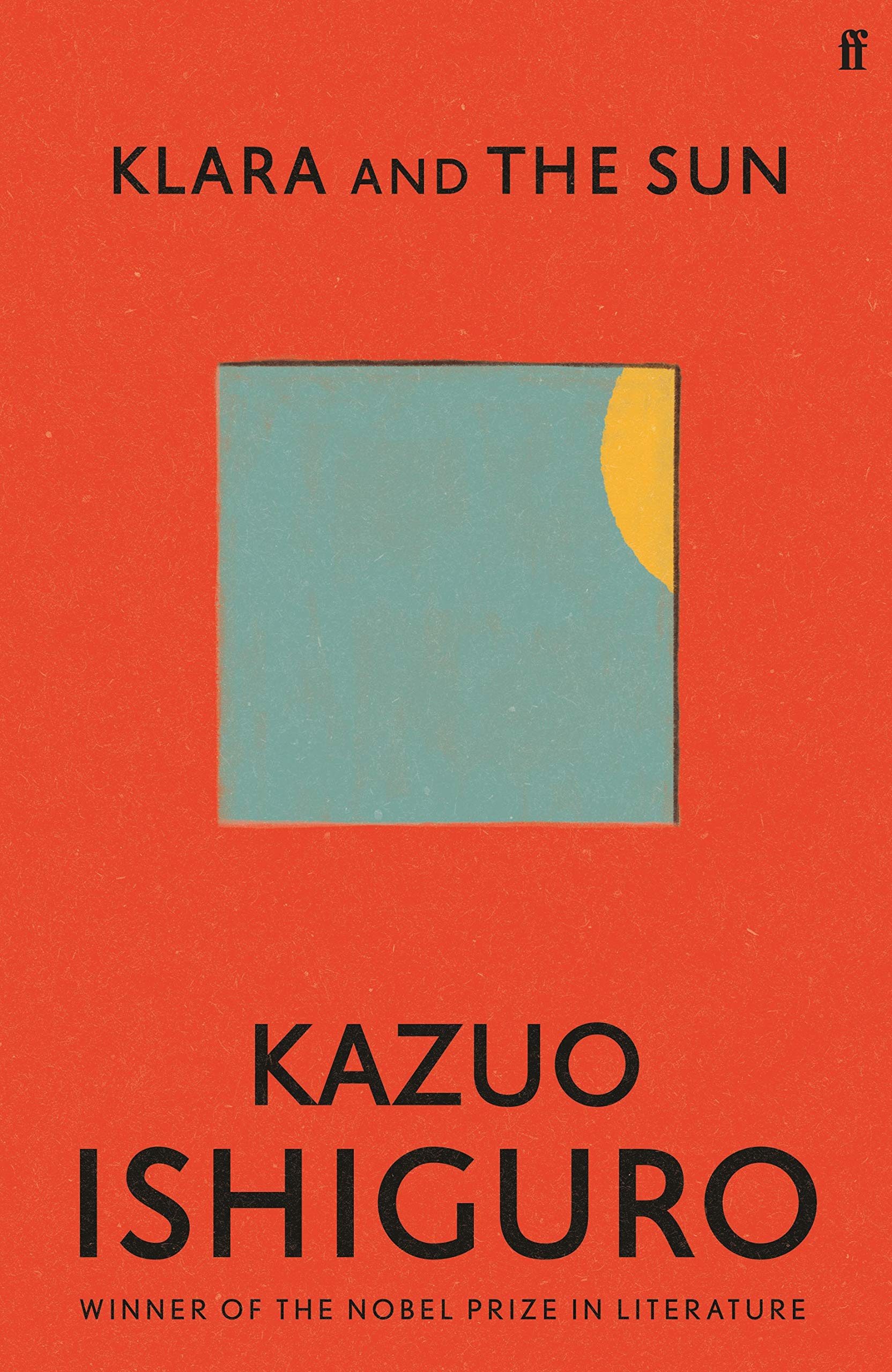I find talking about my favourite authors a little tricky. It’s rare for me to truly love an author’s entire body of work; there are always those blemishes alongside the masterpieces. There is, however, a particular author who has written several of my favourite novels, and in whose oeuvre I am yet to find a blemish; it’s for these reasons that, when asked about my favourite authors, the first name that springs to mind is ‘Kazuo Ishiguro’.
His new novel, Klara and the Sun, takes place in a near future where automatons called AFs (short for ‘Artificial Friend’) provide companionship to privileged children, possibly as an antidote to the loneliness kids feel as they are educated by screens and sheltered from the outside world by nervous parents. Klara, our narrator, is one such AF. When she begins her tale, she’s brand new, observing the city street through a store window. It’s here that we first notice Klara’s attention to detail. She provides a vantage point from which to observe the strangeness of humans, the way they seem to carry multiple emotions at once. AFs are always observant, we’re told, but Klara is special. ‘You’re quite remarkable,’ the manager of the store tells her. ‘You notice and absorb so much.’ Through Klara’s synthetic eyes, hidden feelings are betrayed by the slightest shifts in facial expression. No emotional detail escapes her. We see it all.
But this perceptive intelligence is counterbalanced by a childlike naivety. The store is the only place she’s ever known and when she is finally purchased, it’s a genuine thrill to see her leave the store, as if exiting a womb, and navigate her new world. The purchaser is Josie, a fourteen-year-old girl who has been ‘lifted’, a gene-editing process meant to boost children’s academic performance, sometimes at the cost of the child’s health. A necessary sacrifice, it seems, according to many of the parents in this anxious future. Klara devotes herself to Josie, and when Josie’s condition worsens, Klara develops an optimistic, if misguided, solution.
If this all sounds a little too sci-fi, don’t let it deter you; as in Never Let Me Go, the futuristic, dystopian elements are merely a vehicle for Ishiguro’s tender explorations of humanity, faith, and sacrifice. In Klara and the Sun, you’ll find all of the writing traits that make Ishiguro my favourite author: the gentle, patient way in which he unfurls his narrative world; a return to the theme of memory, forcing his characters to reckon with the idea that life is passing them by, and that they, like the objects in their homes, may one day be used up and thrown away; and – like with many of the best authors, Douglas Adams included – his knowledge that any search for an answer to the meaning of life only leads to more questions.
For those who are yet to delve into Ishiguro’s work, Klara and the Sun is a fantastic place to start, as is Never Let Me Go, before inevitably moving on to my personal favourite, The Remains of the Day. In each, you’ll be carried along by Ishiguro’s effortless and endlessly readable prose. It has been six years between Kazuo Ishiguro novels, and Klara and the Sun is well worth the wait.
Reviewed by Josh. See more of Josh’s favourite reads here.


